Discover Hidden Brain
Hidden Brain

Hidden Brain
Author: Hidden Brain, Shankar Vedantam
Subscribed: 1,095,511Played: 19,206,926Subscribe
Share
© All Rights Reserved
Description
Why do I feel stuck? How can I become more creative? What can I do to improve my relationships? If you’ve ever asked yourself these questions, you’re not alone. On Hidden Brain, we help you understand your own mind — and the minds of the people around you. (We're routinely rated the #1 science podcast in the United States.) Hosted by veteran science journalist Shankar Vedantam.
588 Episodes
Reverse
Many of us rush through our days, weeks, and lives, chasing goals and just trying to get everything done. But that can blind us to a very simple source of joy that’s all around us. This week, we revisit a favorite conversation with psychologist Dacher Keltner, who describes what happens when we stop to savor nature, art, or simply the moral courage of those around us. Then, in our segment "Your Questions Answered," Mary Helen Immordino-Yang returns to answer listeners' questions about learning and how to keep students engaged in school. Looking for a last-minute holiday gift for the Hidden Brain fan in your life? How about a membership to our podcast subscription, Hidden Brain+? You can learn more about gift subscriptions at patreon.com/hiddenbrain/gift. And if you prefer to give the gift of an experience, consider tickets to our live tour! To see where we’re headed in 2026, go to hiddenbrain.org/tour. Thanks and Happy Holidays! Episode illustration by HandRush Supply for Unsplash+ Hosted by Simplecast, an AdsWizz company. See pcm.adswizz.com for information about our collection and use of personal data for advertising.
This week, we bring you the second part of our 2023 conversation on the perils of too much pleasure. Psychiatrist Anna Lembke explains the neuroscience behind compulsive consumption. She also shares techniques she’s learned from her patients to overcome the lure of addictive substances and behaviors. Then, Anna responds to your questions and comments on everything from dopamine fasts to kids' use of cell phones in our segment "Your Questions Answered."If you missed the first part of this episode, listen to it here.Looking for the perfect holiday gift for the Hidden Brain fan in your life? How about a membership to our podcast subscription, Hidden Brain+? You can learn more about gift subscriptions at patreon.com/hiddenbrain/gift. If t-shirts, tote bags and mugs are more your thing, you can find all kinds of Hidden Brain swag at our online store -- just go to shop.hiddenbrain.org. And if you prefer to give the gift of an experience, consider tickets to our live tour! To see where we’re headed in 2026, go to hiddenbrain.org/tour. Thanks and Happy Holidays! Episode illustration by Anna Kutukova for Unsplash+ Hosted by Simplecast, an AdsWizz company. See pcm.adswizz.com for information about our collection and use of personal data for advertising.
All of us think we know what addiction looks like. It’s the compulsive consumption of drugs, alcohol, or nicotine. But psychiatrist Anna Lembke argues that our conception of addiction is far too narrow — and that a broader view might help us to understand why so many people are anxious and depressed. This week, we revisit a 2023 episode that remains of the most popular in the history of our show. We'll explore how and why humans are wired to pursue pleasure, and all the ways the modern world tempts us with addictive substances and behaviors.Looking for the perfect holiday gift for the Hidden Brain fan in your life? How about a membership to our podcast subscription, Hidden Brain+? You can learn more about gift subscriptions at patreon.com/hiddenbrain/gift. If t-shirts, tote bags and mugs are more your thing, you can find all kinds of Hidden Brain swag at our online store -- just go to shop.hiddenbrain.org. And if you prefer to give the gift of an experience, consider tickets to our live tour! To see where we’re headed in 2026, go to hiddenbrain.org/tour. Thanks and Happy Holidays! Episode image by adriandra karuniawan for Unsplash+ Hosted by Simplecast, an AdsWizz company. See pcm.adswizz.com for information about our collection and use of personal data for advertising.
Why are so many of us drawn to horror, gore, and true crime? Why do we crane our necks to see the scene of a crash on the highway? Psychologist Coltan Scrivner says that our natural morbid curiosity serves a purpose. We talk with Coltan about our fascination with tales of murder and mayhem, and what this tendency reveals about our minds.In this episode, you'll learn:*Why there's often a surge of interest in scary entertainment after a violent or tragic incident in the real world. *The potential evolutionary roots of our curiosity about scary events or violent stories.*What researchers have found about the impact of scary movies and books on the people who watch them. *How horror content can be a vehicle for connecting with other people. *What we know about the personality traits of people who are drawn to dark and sinister stories. If you have a question or personal story related to today's episode that you'd be willing to share with the Hidden Brain audience, please record a voice memo on your phone and email it to us at ideas@hiddenbrain.org. Use the subject line "scary." Looking for the perfect holiday present for the Hidden Brain fan in your life? We've got you covered. Give your loved one a gift membership to Hidden Brain+, or visit our online shop for t-shirts, mugs, totes, and more! Here's another idea: grab tickets for one of our upcoming live shows. We'll be in Philadelphia on March 21 and New York on March 25. Thanks and Happy Holidays!This December, Hidden Brain is proud to join #PodsFightPoverty. We're teaming up with other podcasts to raise funds to lift three villages in Rwanda out of extreme poverty. Your donation goes directly to the families who know best what they need. Visit GiveDirectly.org/HiddenBrain to make a difference for someone who needs it most. Episode image by Riswan Ratta for Unsplash+ Hosted by Simplecast, an AdsWizz company. See pcm.adswizz.com for information about our collection and use of personal data for advertising.
If you’re a parent or a teacher, you’ve probably wondered how to balance play and safety for the kids in your care. You don’t want to put children in danger, but you also don’t want to rob them of the joy of exploration. This week, we revisit a favorite conversation with psychologist Peter Gray. We'll talk about why independent play is so important to a child's development, and answer listeners' questions about the role parents, schools, and neighborhoods can play in giving kids more autonomy. In this episode, you'll learn: *The skills that children develop when they play without parental involvement. *Why American culture has shifted away from independence for children in recent decades. *The role of independent play in helping children to learn key lessons and thrive developmentally. *The simple question that parents can ask their kids to create space for more unstructured play. *How to know what's age-appropriate when it comes to independent play.*How to foster independent play in your neighborhood or community. *What schools can do to encourage unstructured opportunities for kids. Episode photo by Aisiri Iyengar on Unsplash Hosted by Simplecast, an AdsWizz company. See pcm.adswizz.com for information about our collection and use of personal data for advertising.
There’s a tradition around many Thanksgiving dinner tables that’s as consistent as pumpkin pie: the family stories that get told year after year. Sometimes these stories are funny; sometimes they make us roll our eyes. No matter how we feel about them, we rarely pause to consider how these stories shape who we are and how we view the world. This week, we revisit a favorite 2024 conversation about family storytelling with psychologist Robyn Fivush. Then, in a new installment of "Your Questions Answered," Massimo Pigliucci answers listener questions about Stoicism, and why this ancient philosophy continues to resonate today.The Los Angeles stop on our live tour is almost here! Join Shankar November 22 as he shares seven key psychological insights from the show's first decade. And we're excited to share new dates for 2026. We'll be in Philadelphia on March 21 and New York City on March 25. More info and tickets here: https://www.hiddenbrain.org/tour/Episode illustration by Anna Kutukova for Unsplash+ Hosted by Simplecast, an AdsWizz company. See pcm.adswizz.com for information about our collection and use of personal data for advertising.
Entrepreneurs typically have no shortage of passion, heart, and vision. But at Stanford University, Huggy Rao says there are other elements that may matter more when it comes to whether their projects succeed or fail. This week, we'll examine how this problem shapes not just individual lives, but organizations and businesses, and even public policy. Then, in the latest installment of "Your Questions Answered," sociologist Robb Willer answers listener questions about how to navigate political differences with the people in your life. The Los Angeles stop on our live tour is almost here! Join Shankar November 22 as he shares seven key psychological insights from the show's first decade. And we're excited to share new dates for 2026. We'll be in Philadelphia on March 21 and New York City on March 25. More info and tickets here: https://www.hiddenbrain.org/tour/Episode art courtesy of Graphicook Studio for Unsplash.com. Hosted by Simplecast, an AdsWizz company. See pcm.adswizz.com for information about our collection and use of personal data for advertising.
We've known intuitively for centuries that spending time in nature can give us a boost. But it’s only recently that scientists have begun to identify exactly what it is about the outdoors that has such a powerful effect on our mood and our minds. This week, psychologist Marc Berman explores how spending time in nature can actually undo some of the harmful effects of our modern lives.Do you have follow-up questions, comments, or stories about nature's effect on the mind after listening to this episode? If you'd be comfortable sharing your thoughts with the Hidden Brain audience, please record a voice memo on your phone and email it to us at ideas@hiddenbrain.org. Use the subject line nature. Thanks! Illustration by Swati B on Unsplash+ Hosted by Simplecast, an AdsWizz company. See pcm.adswizz.com for information about our collection and use of personal data for advertising.
It can be frustrating when people do things we don't want them to do. A friend cancels plans at the last minute. A child refuses to get dressed for school. Before long, our resentment builds, and we're tempted to issue more rules, reminders, and consequences. But the techniques we use to get people to alter their behavior are often strikingly ineffective. This week, psychologist Stuart Ablon explains why these methods fail, and offers better ways to help the people we care about make lasting change..If you love Hidden Brain, join us for an upcoming live show! We'll be in Los Angeles on November 22, and more dates in 2026 are coming soon. For tickets and more info, go to hiddenbrain.tour. Hosted by Simplecast, an AdsWizz company. See pcm.adswizz.com for information about our collection and use of personal data for advertising.
For many of us, navigating the conclusion of a relationship is one of the hardest things we'll ever do. This week, we conclude our Love 2.0 series with psychologist Antonio Pascual-Leone, who shares the most common mistakes we make when it comes to splitting up, and techniques that can help us ease the pain. Then, our latest edition of Your Questions Answered. Cognitive scientist Phil Fernbach returns to respond to listeners' thoughts and questions about the "illusion of knowledge." Do you have questions for Antonio Pascual-Leone about breakups? Are there losses that have left you feeling stuck? Have you discovered techniques to move on when a relationship ends? If you'd be willing to share your question or comment with the Hidden Brain audience, please record a voice memo on your phone and email it to us at ideas@hiddenbrain.org. Two or three minutes is plenty. Use the subject line "breakups." Thanks!Image by Yana Kravchuk for Unsplash+ Hosted by Simplecast, an AdsWizz company. See pcm.adswizz.com for information about our collection and use of personal data for advertising.
No one will deny that marriage is hard. In fact, there’s evidence it’s getting even harder. This week on the show, we revisit a favorite episode about the history of marriage and how it has evolved over time. We talk with historian Stephanie Coontz and psychologist Eli Finkel, and explore ways we can improve our love lives — including by asking less of our partners. Then, on Your Questions Answered, psychologist Jonathan Adler answers your questions about the science of storytelling.If you have follow-up questions or thoughts about these ideas, and you’d be willing to share them with the Hidden Brain audience, please record a voice memo on your phone. Then, email it to us at ideas@hiddenbrain.org. Use the subject line “marriage.” That email address again is ideas@hiddenbrain.org.The Hidden Brain tour is continuing, with our next stop just a few weeks away! Join us in Los Angeles on November 22, and stay tuned for more dates coming in 2026. For more info and tickets, head to hiddenbrain.org/tour. Episode illustration by Getty Images for Unsplash+ Hosted by Simplecast, an AdsWizz company. See pcm.adswizz.com for information about our collection and use of personal data for advertising.
When things go wrong in our relationships, we often try to change the way our partners behave. But usually, trying to fix a person only makes things worse. Last week, we talked to psychologist James Cordova about why this tendency can be so damaging, and what to do instead. This week, we explore another difficult but effective way to strengthen our relationships. Then, on Your Questions Answered, we bring back researcher Victor Strecher, who studies purpose. Vic spoke with us in June about the death of his daughter, and how it changed his own outlook on purpose. That conversation, which was called "You 2.0: What Is Your Life For?" had a powerful impact on many listeners. We'll hear Vic's responses to their thoughts and questions. What have you learned about changing your partner in the course of your relationship? Have you come up with ways to accept your partner's flaws? If you have questions or comments for James Cordova, and you'd be willing to share with the Hidden Brain audience, please record a short voice memo on your phone and email it to us at ideas@hiddenbrain.org. Use the subject line "acceptance." Thanks! The Hidden Brain tour is continuing, with our next stops just a few days away! Join us in Baltimore on October 11 or Washington, D.C. on October 12 to see Shankar live on stage. We'll also be in Los Angeles on November 22, and more dates in 2026 are coming soon. For more info and tickets, head to hiddenbrain.org/tour. Episode illustration by Paris Bilal for Unsplash+. Hosted by Simplecast, an AdsWizz company. See pcm.adswizz.com for information about our collection and use of personal data for advertising.
Many love stories end when the characters are still in the heady, euphoric early stages of a relationship. But what comes after that intoxicating first phase of love is over? Today, we kick off a new series on the challenges specific to long-term relationships. We'll talk with psychologist James Cordova about some of the common difficulties many couples face. We'll also look at a solution that scientific research suggests might actually work. Then, we'll bring you the latest installment of our segment Your Questions Answered. Researcher Jon Jachimowicz returns to respond to listeners' thoughts about the pursuit of passions. If you’d like to see Hidden Brain live and hear some of Shankar's key takeaways from the first decade of the show, we have stops coming up on our tour! We’ll be in Baltimore on October 11th, Washington, D.C. on October 12th, and Los Angeles on November 22nd. Plus, we’ll have more stops for 2026 to announce soon. For more info and tickets, go to hiddenbrain.org/tour.And if you enjoyed today's episode with James Cordova, check out our Hidden Brain+ conversation with him about relationship check-ups. James explains why an annual relationship assessment can help couples to spot issues before they become major problems. Plus, he shares some of the questions he asks couples during these sessions. If you're not yet a Hidden Brain+ subscriber, Apple Podcasts is offering an extended 30-day free trial for all listeners who give it a try in the month of September. To claim your free trial, find Hidden Brain in the Apple Podcasts app and click the "Try Free" button, or go to apple.co/hiddenbrain. This week's episode art is by Chloe for Unsplash+ Hosted by Simplecast, an AdsWizz company. See pcm.adswizz.com for information about our collection and use of personal data for advertising.
The idea of being driven by a calling goes back centuries. It was the language used to describe religious people who were called to the priesthood. Today, millions of people in secular professions yearn to be similarly galvanized by their work. This week, researcher Jennifer Tosti-Kharas explores the immense power — and the downsides — of finding a job that gives you purpose.Do you have follow-up questions or stories that you’d like to share with Jennifer Tosti-Kharas? Have you found a calling that gets you up in the morning each day? Are you a skeptic of callings, or do you have questions about how to make your work more meaningful? If you’d be willing to share your questions, stories and comments with the Hidden Brain audience, please record a voice memo on your phone and email it to us at ideas@hiddenbrain.org. Use the subject line “calling.”If you love Hidden Brain, please consider joining our podcast subscription, Hidden Brain+. All through the month of September, listeners who subscribe to Hidden Brain+ on Apple Podcasts will have access to an extended 30-day free trial. To access that trial, find Hidden Brain on Apple Podcasts and click the “Try Free” button. Or go to apple.co/hiddenbrain. And there are still tickets available for our upcoming live shows! We'll be in Baltimore on October 11, Washington, D.C. on October 12, and Los Angeles on November 22. More info and tickets are at hiddenbrain.org/tour.Episode illustration by Evelina Mitev for Unsplash+ Hosted by Simplecast, an AdsWizz company. See pcm.adswizz.com for information about our collection and use of personal data for advertising.
It's not easy for most of us to receive negative feedback. Even when the person delivering that feedback is constructive and reasonable, we often feel the urge to defend ourselves. This week, we look at the psychology of defensiveness with neuroscientist Emily Falk. We'll explore what causes so many of us to resist constructive criticism, and how we can get better at giving and receiving such feedback. Then, in the latest installment of our ongoing series "Your Questions Answered," psychologist Ciara Greene returns to the show to answer your questions about memory and forgetfulness.If you have follow-up questions or thoughts for Emily Falk after listening to today’s conversation, and you’d be willing to share with the Hidden Brain audience, please record a voice memo on your phone and email it to us at ideas@hiddenbrain.org. Use the subject line “mental barriers.” Thanks! Our next stops on the Hidden Brain tour are coming up! Join us in Baltimore on October 11, Washington, D.C. on October 12, or Los Angeles on November 22. And stay tuned for more cities to be added for 2026. For more info and tickets, go to https://hiddenbrain.org/tour. Episode illustration by Getty Images for Unsplash+ Hosted by Simplecast, an AdsWizz company. See pcm.adswizz.com for information about our collection and use of personal data for advertising.
Many of us have been raised to believe that if we want to get something done, we just need to set our minds to it. Where there's a will, there's a way, right? Yet somehow we end up polishing off that pint of ice cream in the freezer, or spending more than our budget allows. It's almost as if we're not the ones in charge. This week, we talk with psychologist and neuroscientist Emily Falk about why our minds often conspire against our best interests, and how we can regain control. Do you have follow-up questions or thoughts for Emily Falk after listening to today’s conversation? If you’d be willing to share with the Hidden Brain audience, please record a voice memo on your phone and email it to us at ideas@hiddenbrain.org. Use the subject line “mental barriers.” Thanks!And if you love Hidden Brain, please consider joining our podcast subscription, Hidden Brain+. We're currently offering an extended 30-day free trial for all listeners who subscribe on Apple Podcasts during the month of September. To sign up, click the "Subscribe" or "Try Free" button in Apple Podcasts, or go to apple.co/hiddenbrain. Your subscription helps to fund the research, writing, and sound design that go into every episode of the show. We appreciate your support! Episode illustration by Fast Ink on Unsplash Hosted by Simplecast, an AdsWizz company. See pcm.adswizz.com for information about our collection and use of personal data for advertising.
Perfectionism is everyone’s favorite flaw. It’s easy to assume that our push to be perfect is what leads to academic, athletic, and professional success. But how do we distinguish between high standards and unrealistic expectations? This week, we bring you a favorite conversation with psychologist Thomas Curran. He says perfectionism has a dark side, and that there are much healthier ways to strive for excellence. Then, we bring you the latest edition of our segment "Your Questions Answered." Sociologist Allison Pugh returns to the show to respond to listener questions about connective labor — the work of seeing another person, and having that person feel seen.The Hidden Brain tour continues this fall! Join us in Baltimore on October 11, Washington, D.C. on October 12, or Los Angeles on November 22. More info and tickets at hiddenbrain.org/tour.Episode image by Dadi Prayoga for Unsplash.com. Hosted by Simplecast, an AdsWizz company. See pcm.adswizz.com for information about our collection and use of personal data for advertising.
When tragedy strikes, it’s natural to be devastated. But psychologist George Bonanno finds that many of us recover from life’s blows more quickly than we might expect. This week, we talk with Bonanno about his research and why it has changed how many scientists think about trauma and resilience.Do you have follow-up questions or comments after listening to this episode? If you’d be willing to share your thoughts with the Hidden Brain audience, please record a voice memo on your phone and email it to us at ideas@hiddenbrain.org. Use the subject line “trauma.” Thanks! Episode illustration by Ahmed Hossam on Unsplash Hosted by Simplecast, an AdsWizz company. See pcm.adswizz.com for information about our collection and use of personal data for advertising.
Have you ever fallen asleep in school or during a work meeting? Maybe you felt your eyes glaze over as your boss or a teacher droned on and on about a topic that had no relevance to you. What's missing from these classrooms and conference rooms is engagement: A state of being absorbed, alert, and eager to learn. This week, psychologist and neuroscientist Mary Helen Immordino-Yang explores why so many of us feel apathetic at school and at work, and how to cultivate the magic of engagement.Do you have follow-up questions or comments after listening to this episode? If you’d be willing to share your thoughts with the Hidden Brain audience, please record a voice memo on your phone and email it to us at ideas@hiddenbrain.org. Use the subject line “learning.” Thanks! Episode photo by Ismail Salad Osman Hajji dirir on Unsplash Hosted by Simplecast, an AdsWizz company. See pcm.adswizz.com for information about our collection and use of personal data for advertising.
Aging isn’t just a biological process. Our outlooks and emotions also change as we age, often in ways that boost our well-being. This week, we revisit a favorite conversation with psychologist Laura Carstensen, who helps us unpack the science behind this surprising finding, and shares what all of us can learn from older people. Then, as part of our ongoing series "Your Questions Answered," we revisit our follow-up chat with Laura, who responds to listeners' thoughts and questions and shares more of her research on what it means to live well as we age.Come see Shankar in person and help us to celebrate Hidden Brain's tenth anniversary! Our next stops on our "Perceptions" tour are Mesa, Baltimore, Washington, D.C., and Los Angeles. For more info and tickets, visit https://hiddenbrain.org/tour/Episode photo by Hector Reyes on Unsplash Hosted by Simplecast, an AdsWizz company. See pcm.adswizz.com for information about our collection and use of personal data for advertising.




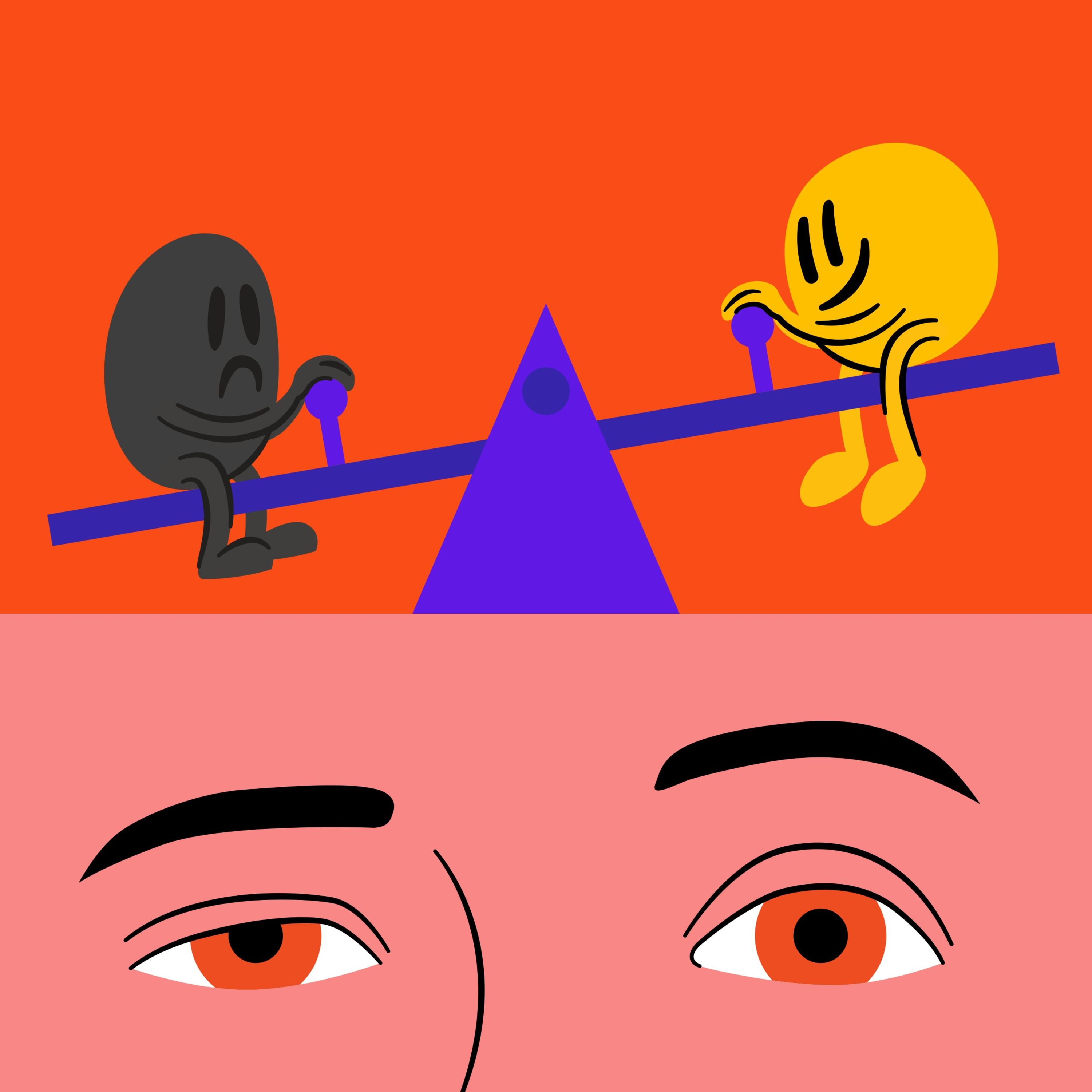



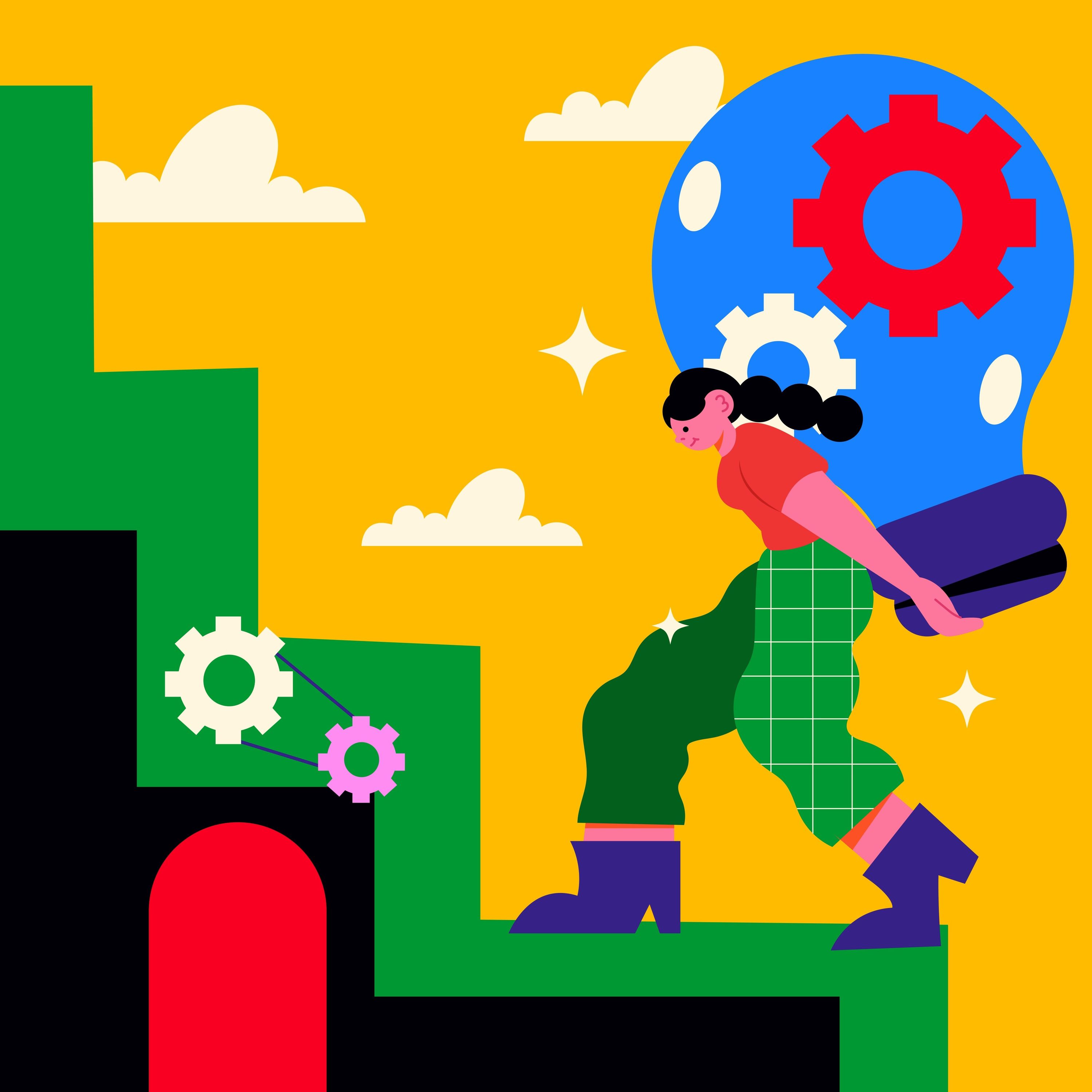

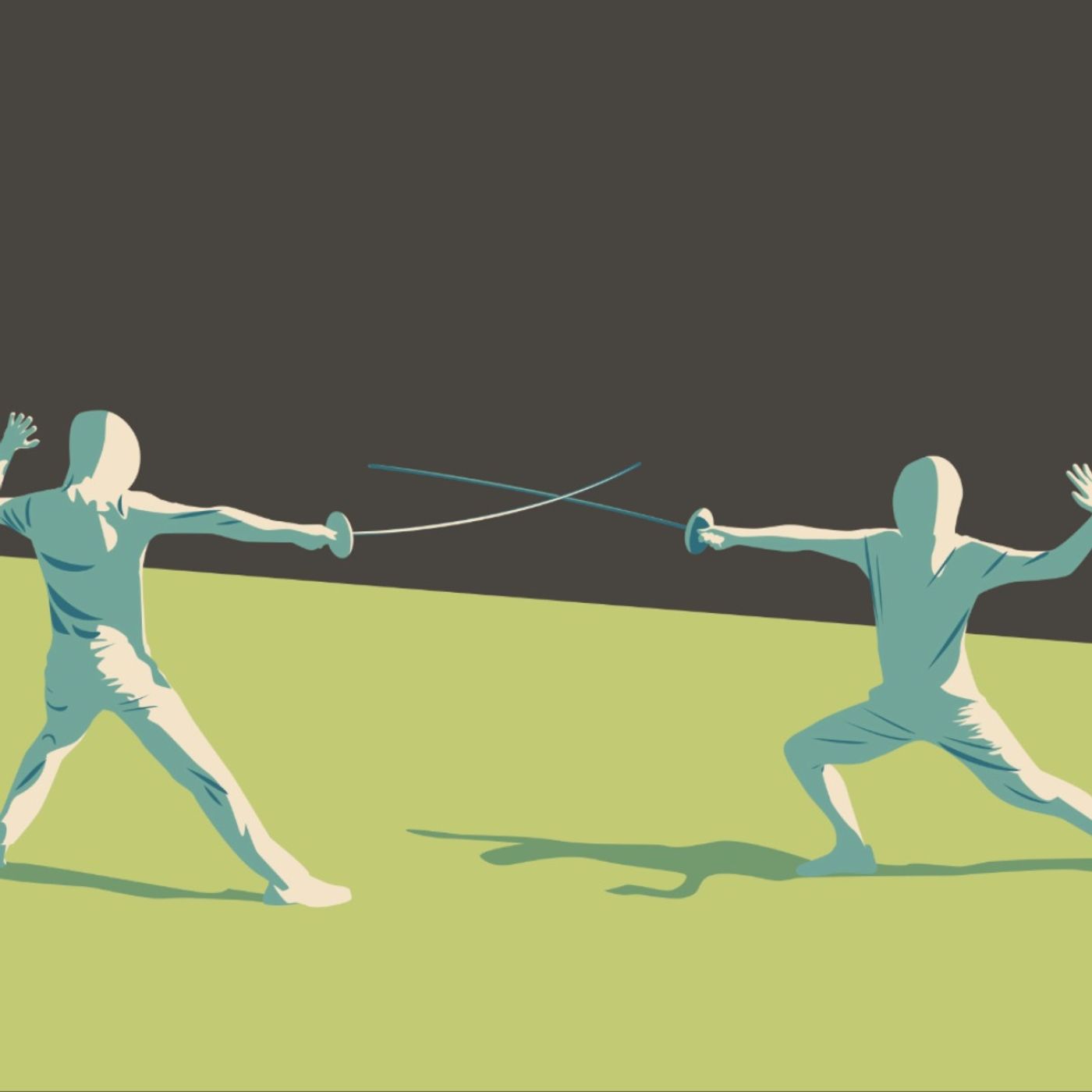
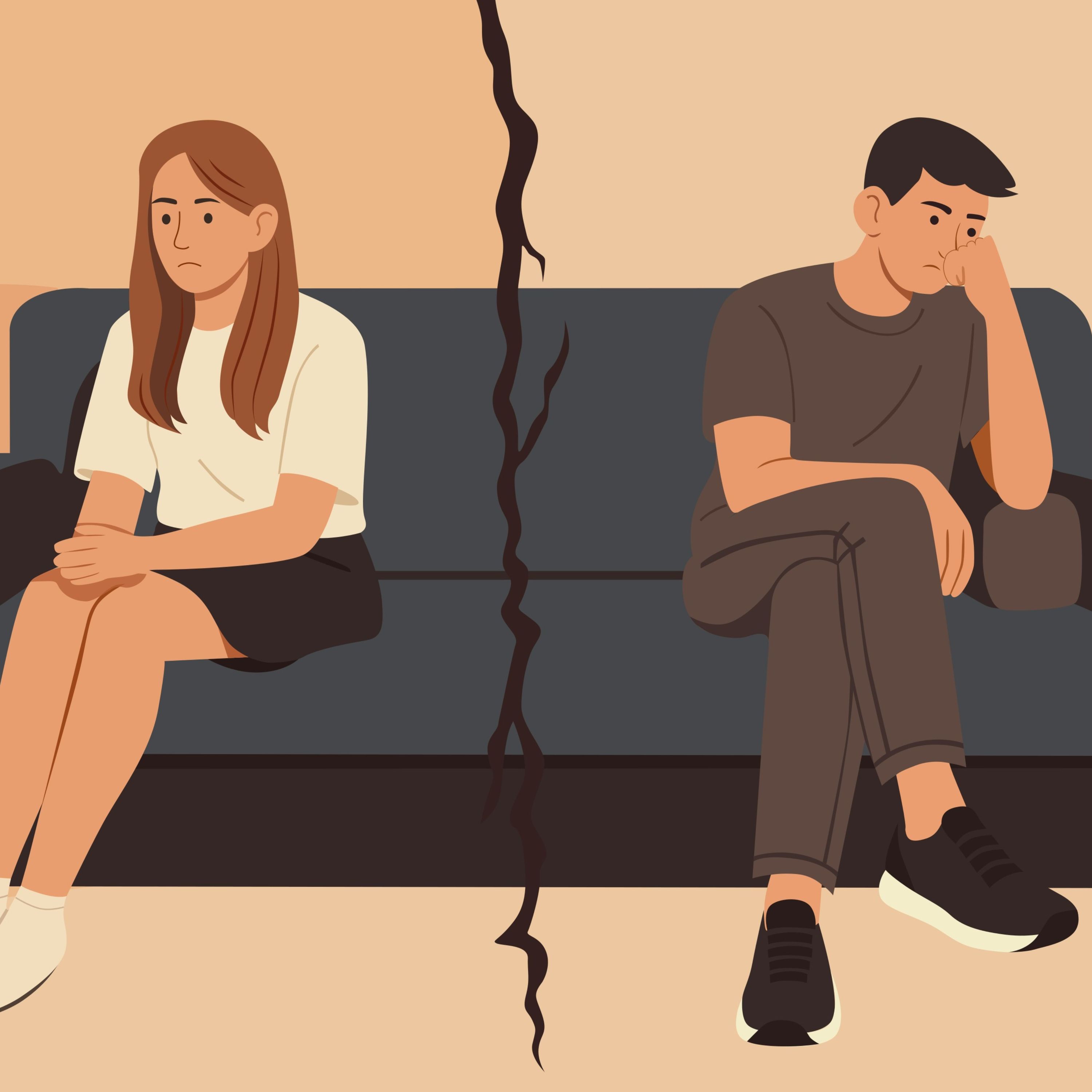



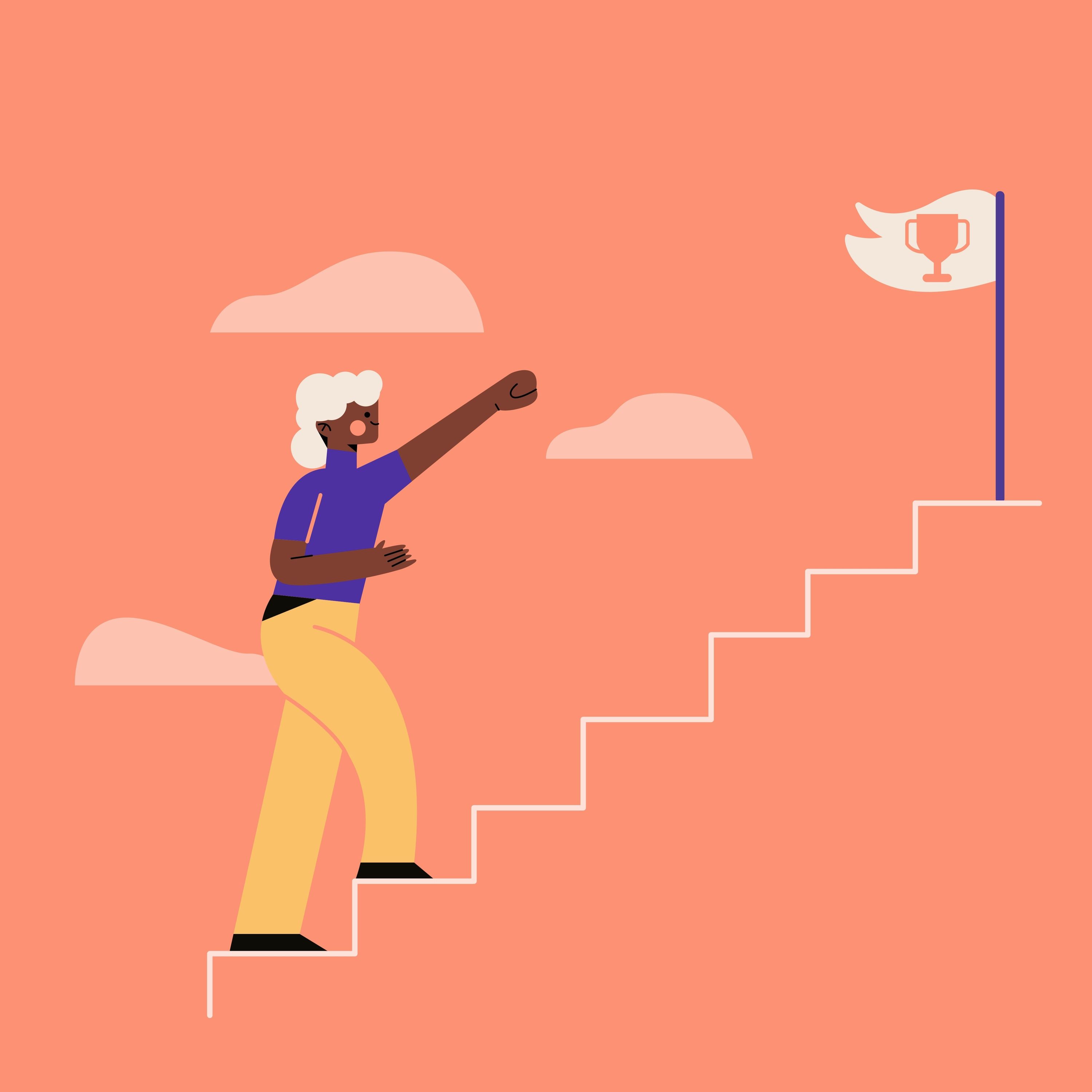
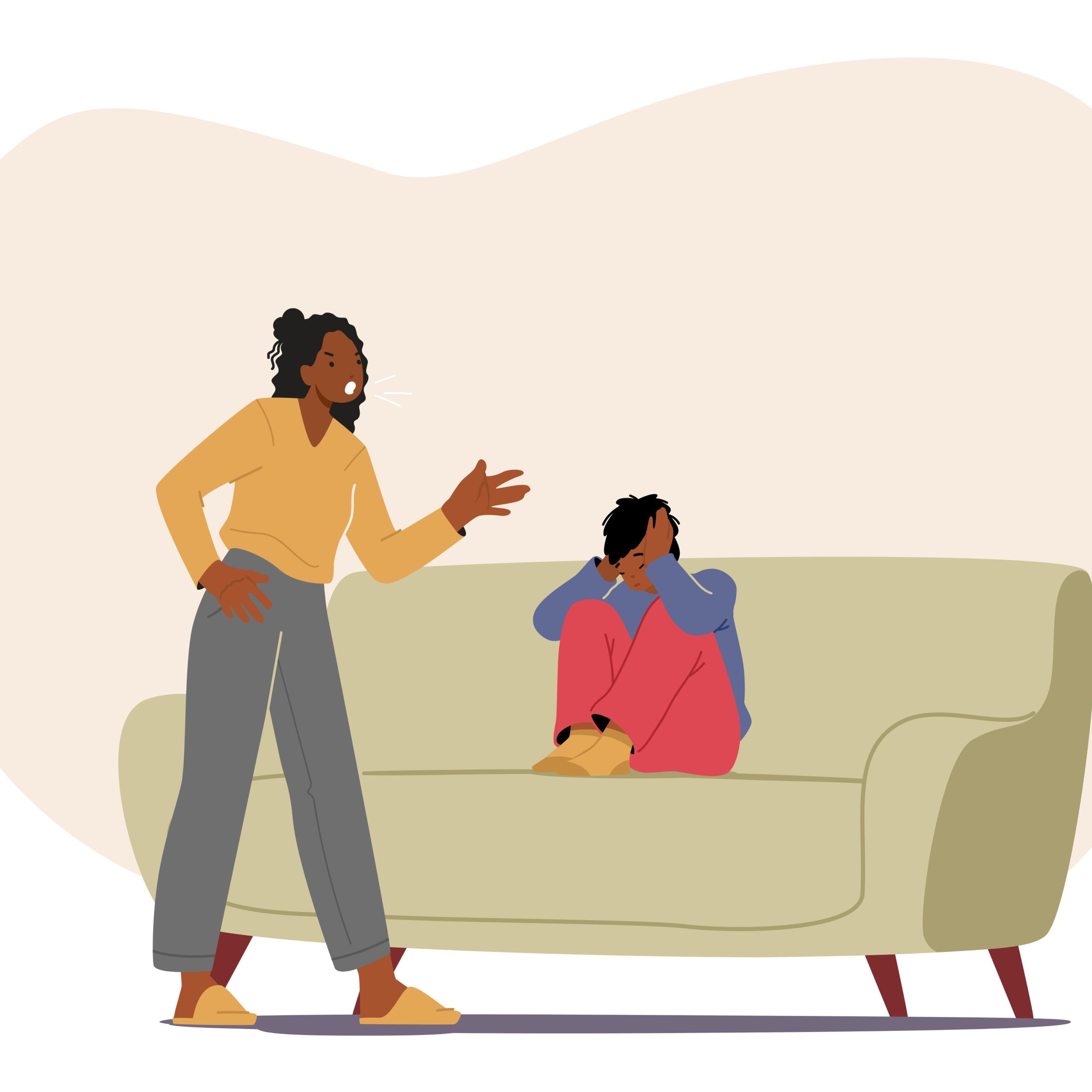
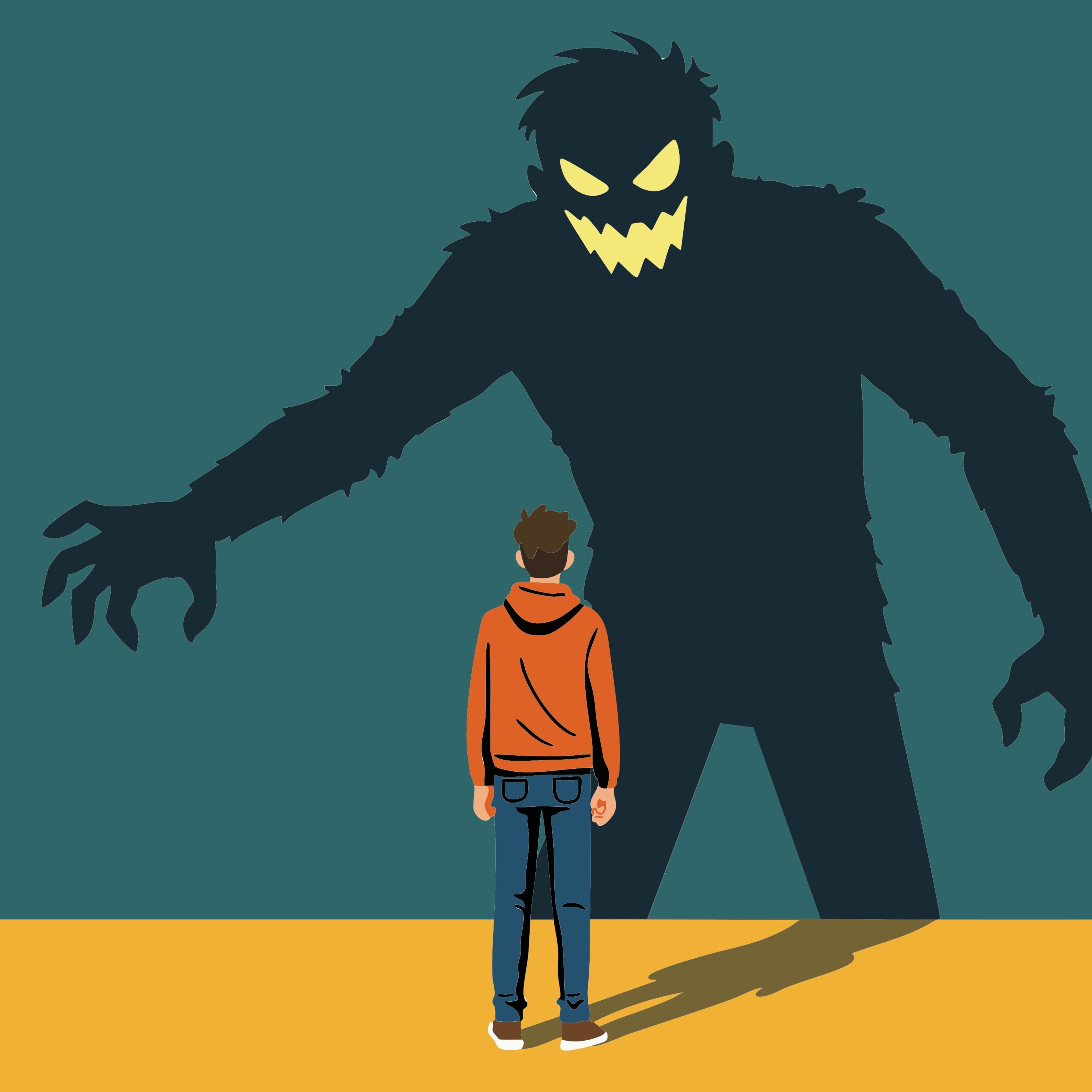


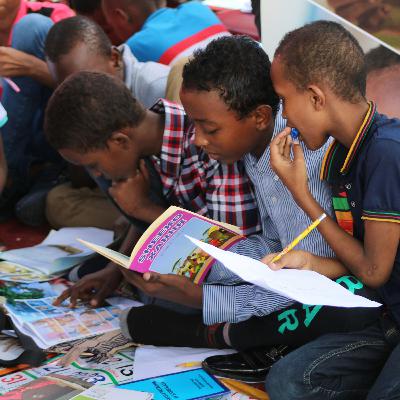




Now I understand that I am not delusional. I have consistently stated that it is solely a matter of luck and chance. Thank you, Hidden Brain.
🌿
I subscribed after hearing a Ted talk, I thought this would be an interesting and thought provoking podcast to follow. I couldn't get through half way of one episode. 4 rounds of casino adverts in under 30 minutes, literally every few minutes, with an overtly bland topic stretched unnecessarily in the most shallow manner. This entire episode could be cut down to 5 minutes.
So nice! Tanx
Amazing episode. Approachable way to understand why we made decisions and how we can made decisions we can actually stick with for longer term benefits aligned with our goals and values. Emily's moving story about learning the guitar pulled all the pieces together. Brilliant.
yeah ...date a cheater. that will go great lmao
does anyone know why the podcast is not being played for me?
She speaks so loudly....
🧠
Ugh. AI slop for the episode “Art”
Great🙏🏻
"Top Erklärung! Mit IPTV Germany und IPTV Deutsch kann ich jetzt problemlos alle Sender streamen. IPTV Deutschland funktioniert super!" https://iptvgerman-tv.de/
Thank you very much for such an interesting episodes. Often the content leads me to deap reflection. Thank you all very much for that. Appreciate your work a lot and really enjoy listening. Thank you very much.
hi.it was great
🔥
So interesting and enriching. And so important and usuful, especially these days. Thank you very much. Best regards, Limor Asayag, Israel
I wish I could listen to this every day
"everyone has their own journey of finding meaning in different stage of life-from lost loved one to love, war and beyond. As Rumy said, 'Don't go back to sleep ;catch the sunrises'. ultimately ,finding the meaning of life is a journey from me to myself.
This was such a meaningful conversation. 💜
where is a rest of the episode?